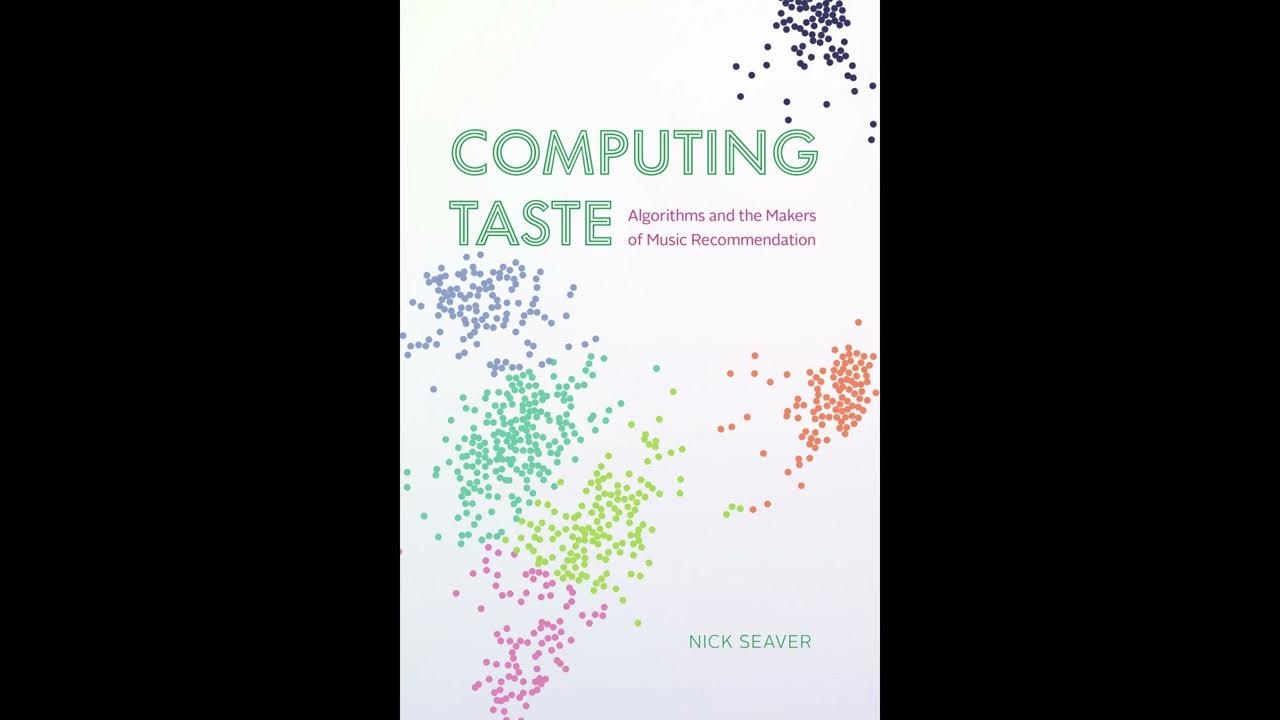How will AI change education?
Summary
TLDRThe video discusses the implications of generative AI, like ChatGPT, on education and academic research. Educators express both concerns and benefits, highlighting the potential for deeper analysis versus the risk of academic dishonesty. Some institutions, like a Swedish university and the University of Hong Kong, adopt permissive approaches to AI use in assignments, emphasizing the need for valid assessments. UNESCO's guidance addresses data protection and equitable access to technology, while AI detection tools are emerging to combat plagiarism. Ultimately, the discourse underscores the need for a balanced and adaptive educational ecosystem in response to AI advancements.
Takeaways
- 😀 Generative AI, like ChatGPT, is reshaping education and academic research by enabling deeper critical analysis of information.
- 🤔 Concerns exist that students may misuse AI for academic dishonesty, leading to debates on its permissibility in educational settings.
- 📚 Some institutions, such as a leading Swedish University, adopt a permissive approach to AI usage in assignments, emphasizing the validity and security of assessments.
- 🏫 The University of Hong Kong allows the use of ChatGPT under strict guidelines to ensure effective learning.
- 🚀 Launched in November 2022, ChatGPT is the fastest-growing app, showcasing the rapid advancement of generative AI tools.
- 📊 The United Nations Educational, Scientific and Cultural Organization (UNESCO) has issued global guidance on the integration of generative AI in education.
- 🔍 UNESCO's guidance addresses essential areas like data protection, copyright laws, and teacher training in AI competencies.
- ⚖️ A professor from KTH Royal Institute of Technology argues against allowing students to use AI, citing concerns about its impact on traditional learning methods.
- 📝 Turnitin has developed an AI detection tool to combat academic dishonesty, finding only 3% of students used AI for more than 80% of submissions.
- 🌍 UNESCO warns that generative AI could exacerbate societal divisions, highlighting disparities in access to technology and the internet.
Q & A
How is generative AI like ChatGPT impacting education?
-Generative AI is seen as both beneficial and concerning in education. It can process information to assist in deeper critical analysis, but there are fears that students might misuse it to cheat.
What approach has the leading Swedish University taken regarding the use of AI in assignments?
-Instead of banning AI use, they have adopted a permissive approach, allowing it as long as the assessments remain valid and secure.
What restrictions does the University of Hong Kong impose on AI use?
-The University of Hong Kong allows the use of ChatGPT but with strict limitations to ensure it does not compromise the integrity of academic work.
What is UNESCO's role in the integration of AI in education?
-UNESCO has launched global guidelines on generative AI in education, addressing data protection, copyright laws, and the need for teachers to gain AI skills.
What concerns did Professor Proston Batateria raise about AI in education?
-He believes that allowing AI will negatively impact students' learning abilities, as knowledge should come from traditional methods like reading and research.
What tool has Turnitin introduced to combat AI-generated content?
-Turnitin has launched a tool that detects AI-generated content, which is currently available for free to over 10,000 educational institutions, but will start charging in 2024.
What did Turnitin's data reveal about AI usage among students?
-The data indicated that only 3% of students used AI for more than 80% of their submissions, suggesting limited reliance on AI for academic work.
What are the potential societal risks associated with generative AI in education?
-UNESCO warned that generative AI might deepen societal divisions, as access to necessary technology is not equal, with poorer communities lacking resources like electricity and internet.
How did Stefania Giannini describe technology's role in education?
-Stefania Giannini described technology as a neutral tool, emphasizing that its impact depends on how it is utilized and the need for an ecosystem that supports education's future.
What are the main concerns regarding students' reliance on AI for their academic work?
-There are fears that students may become overly dependent on AI for producing work, potentially leading to academic dishonesty and a decline in critical thinking and research skills.
Outlines

このセクションは有料ユーザー限定です。 アクセスするには、アップグレードをお願いします。
今すぐアップグレードMindmap

このセクションは有料ユーザー限定です。 アクセスするには、アップグレードをお願いします。
今すぐアップグレードKeywords

このセクションは有料ユーザー限定です。 アクセスするには、アップグレードをお願いします。
今すぐアップグレードHighlights

このセクションは有料ユーザー限定です。 アクセスするには、アップグレードをお願いします。
今すぐアップグレードTranscripts

このセクションは有料ユーザー限定です。 アクセスするには、アップグレードをお願いします。
今すぐアップグレード関連動画をさらに表示

Nick Seaver discussing his book, Computing Taste: Algorithms and the Makers of Music Recommendation

Plagiarism and AI Detection with AI Tools written Papers || Hindi || 2023 || Dr. Akash Bhoi

CHAT GPT BASICS EXPLAINED IN ENGLISH

From Industry 4.0 to 5.0 | Angelo Wijaya | TEDxUNPAR

GenAI + Education Welcome and Fireside Chat

An introduction to GenAI and Research
5.0 / 5 (0 votes)
